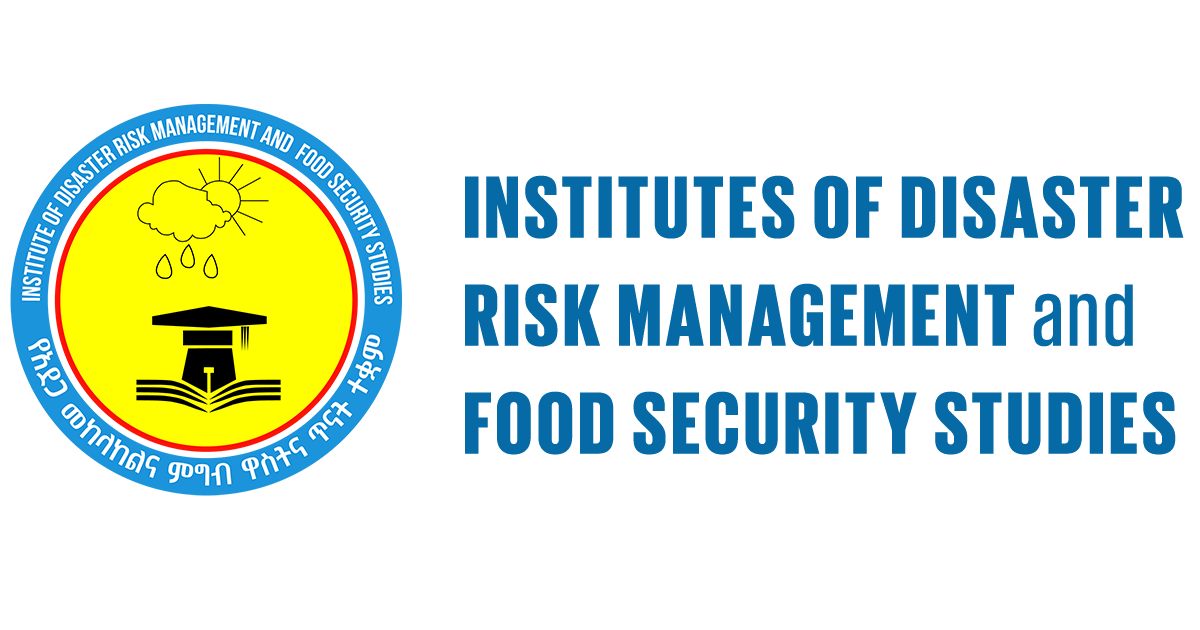IDRMFSS’s Five-Year Research Thematic Area (2025–2030 GC)
Aligned with Ethiopian Disaster Risk Management Commission and DRM Global Research Priority
Title: Integrated Risk and Resilience Research for Social-Environmental Systems in a Changing Climate
Thematic Pillars
1. Hazard and Disaster Risk Characterization
Focus: Understanding the nature, dynamics, and impacts of hazards and disasters.
Key Research Areas:
- Multi-source hazard characterization using field data, satellite observations, and computational/statistical modeling.
- Frequency-size analysis of hazard events and their recurrence intervals.
- Impact assessment of small and large-scale disasters, including loss and damage estimation and future projections.
- Epidemiological studies on public health risks, including transmission dynamics of infectious agents.
- Temporal and spatial dynamics of natural and anthropogenic hazards under climate and environmental change.
2. Vulnerability and Resilience of Social-Environmental Systems
Focus: Understanding how communities and ecosystems respond to and recover from disasters.
Key Research Areas:
- Analysis of protracted food crises, cascading effects, and poverty traps.
- Resilience assessment of livelihood and food systems in risk-prone and chronically food-insecure areas.
- Differential vulnerability analysis across social groups (e.g., smallholder farmers, urban poor, gendered groups).
- Urban vulnerability and resilience in informal and underserved settlements.
- Role of institutions, social capital, and learning in adaptation and transformation processes.
3. Risk Management and Resilience Governance
Focus: Enhancing decision-making, coordination, and governance in disaster risk management.
Key Research Areas:
- Conflict prevention, management, and resolution within DRM frameworks.
- Public risk perception and effective risk communication strategies.
- Decision-making under uncertainty in risk and emergency management.
- Societal responses to shocks and systemic risks.
- Operations research for emergency planning and response coordination.
- Knowledge management and learning systems in humanitarian and disaster response.
4. Cross-Cutting Themes: Communication, Partnerships, and Capacity Building
Focus: Strengthening the enabling environment for research, policy, and practice.
Key Research Areas:
- Strategic communication for risk awareness and behavioral change.
- Multi-stakeholder partnerships for co-production of knowledge and innovation.
- Training and capacity development for researchers, practitioners, and communities.
